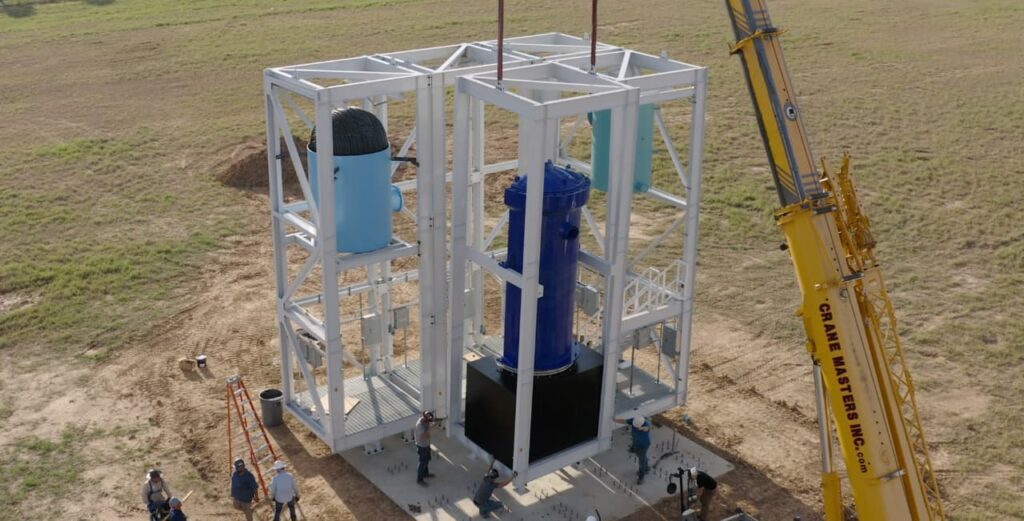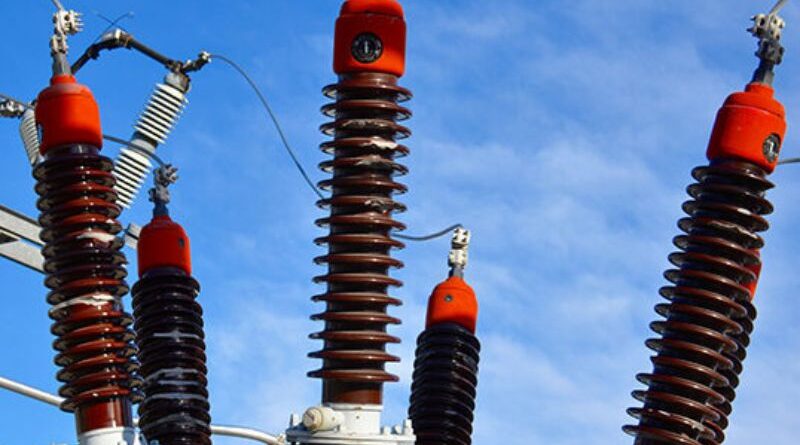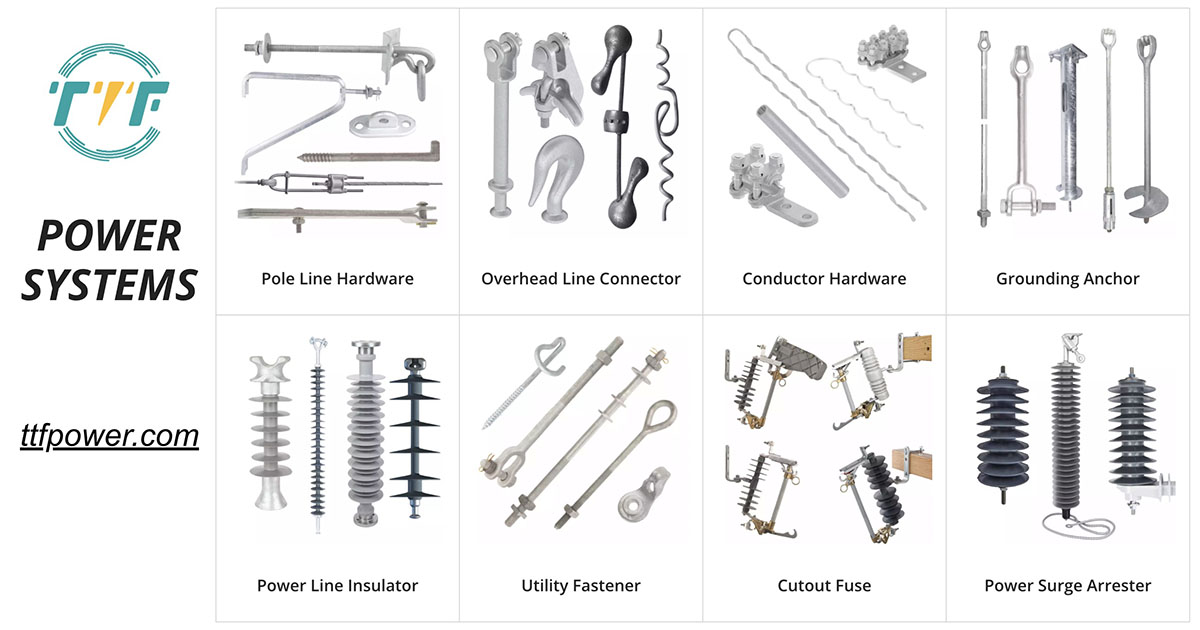
Argentina aims to expand nuclear power plants to power technology innovations like AI. The country aims to expand nuclear capacity and uranium mining to diversify its energy mix and enhance energy security. The expansion will also diversify its energy mix to reduce reliance on fossil fuels and the production of fossil fuels. Nuclear power complements renewable energy sources like wind and solar. The Atucha and Embalse nuclear plants account for around 7% of the electricity supply. They provide reliable, low-carbon energy sources in the region’s energy sector. Argentina is also turning to small modular reactor (SMR) technology to modernize its nuclear energy sector. The initiative aims to position the country as a global leader in SMR technology. This is while supporting energy-intensive industries like AI. Electrical insulators ensure the safe and reliable operation of nuclear power plants.
Nuclear power plants generate large amounts of electricity at very high voltages which needs high-performance insulators. Electrical insulators prevent arcing, which can damage equipment such as fires. Electrical insulators protect vital equipment such as transformers, generators, and control systems. The insulators also maintain a safe distance between conductors and the supporting structures. This prevents current from flowing to unwanted areas. Electrical insulators ensure the safety of components within a nuclear power plant. This ensures the reliable generation and distribution of electricity, which contributes to the safety of the plant. Common insulators used include suspension clamps and post insulators. This article highlights how nuclear energy can support technological innovations like AI. It also sheds light on the importance of electrical insulators in their infrastructure.
Relevance of electrical insulators in nuclear power plants in Argentina
Electrical insulators ensure the safe and efficient transmission of electricity in Argentina. High-quality insulators maintain the operational reliability and safety of nuclear facilities. Nuclear power plants contribute to energy security and sustainable development. This is by enhancing system reliability and supporting advanced technologies. The following are the roles of electrical insulators in nuclear power plant expansion.

- Ensuring electrical safety—electrical insulators prevent the unwanted flow of current by isolating conductors. This prevents short circuits, equipment damage, and electrical hazards that could disrupt operations.
- Reliability in high-voltage systems—nuclear power plants operate high-voltage systems to send generated electricity to the grid. The insulators maintain their integrity under extreme voltage and ensure uninterrupted power delivery.
- Equipment protection—electrical insulators shield equipment such as control systems, transformers, and generators from power surges. This reduces wear and extends the operational life.
- Sustainability—nuclear energy plays a crucial role in reducing the carbon footprint in the country. High-quality insulators help to maximize the efficiency of electricity transmission. This is by reducing energy losses and supporting a sustainable low-carbon energy supply.
- Technology advancements—the insulators support the adoption of new technologies in the country. These technologies include SMRs and green hydrogen production. The insulators ensure accurate flow and minimal interference of current.
- Maintenance and efficiency—reliable electrical insulators reduce the frequency of maintenance and the likelihood of equipment failures. This is important for nuclear plants, where operational downtime can lead to economic and energy supply implications.
The role of nuclear power plants in Argentina’s technological innovations
Nuclear power plants provide a reliable, large-scale energy source that fosters technological innovations. They provide the energy for high-tech industries, medical advancements, and sustainable energy solutions. Nuclear power plants play a key role in supporting research, enabling clean technologies, and fostering cross-disciplinary collaboration. At TTF Power, we are a one-stop-shop for utility pole hardware fittings, transmission line accessories and power line construction equipment. We provide our customers with the most extensive range of products in the industry, excellent value and knowledgeable service. The following are the contributions of nuclear power in advancing technology.

- Energy supply—nuclear energy provides a stable, uninterrupted power supply for industries. These include artificial intelligence, data centers, and advanced manufacturing.
- Supporting clean energy innovations—nuclear energy aligns with global decarbonization efforts. It supports clean technology advancements like green hydrogen production and battery development.
- Advancing small modular reactor technologies—the development of SMRs drives innovation in reactor design and deployment. They are compact, efficient, and versatile, opening new possibilities for powering remote areas.
- Supporting smart grid and IoT technologies—nuclear energy integrates with smart grids that use Internet of Things devices to optimize energy distribution. This fosters innovation in energy management systems, improving efficiency and reducing waste.
- Enabling research and development—stable energy output from nuclear plants supports research and development fields. These include quantum computing, nanotechnology, and space exploration.
